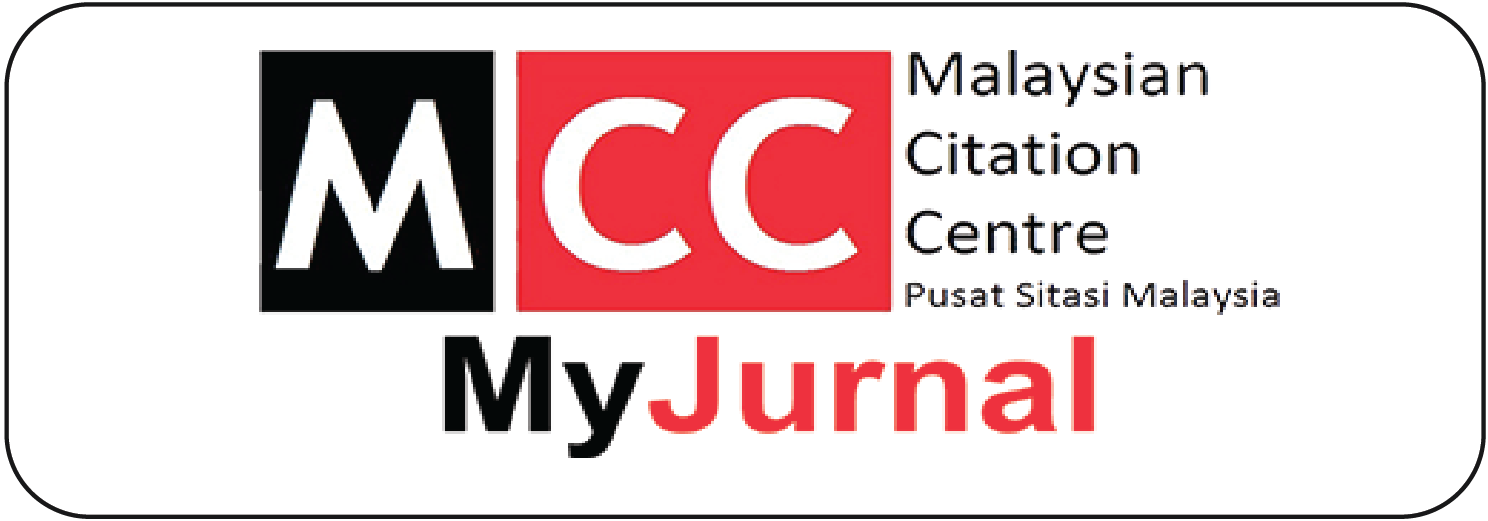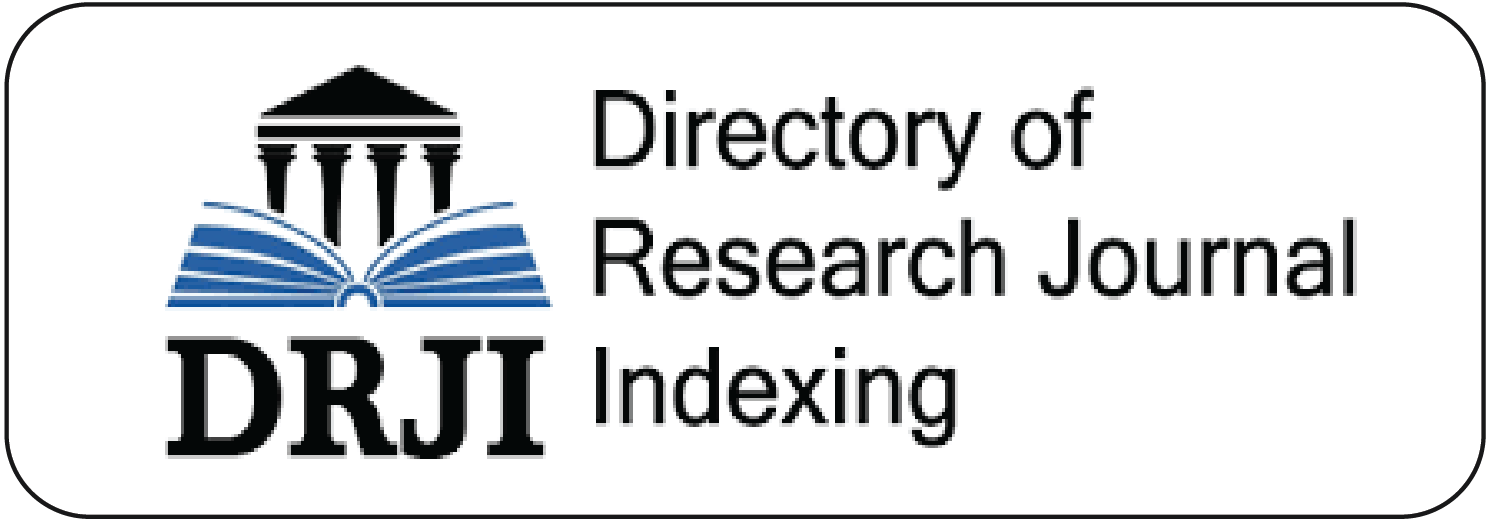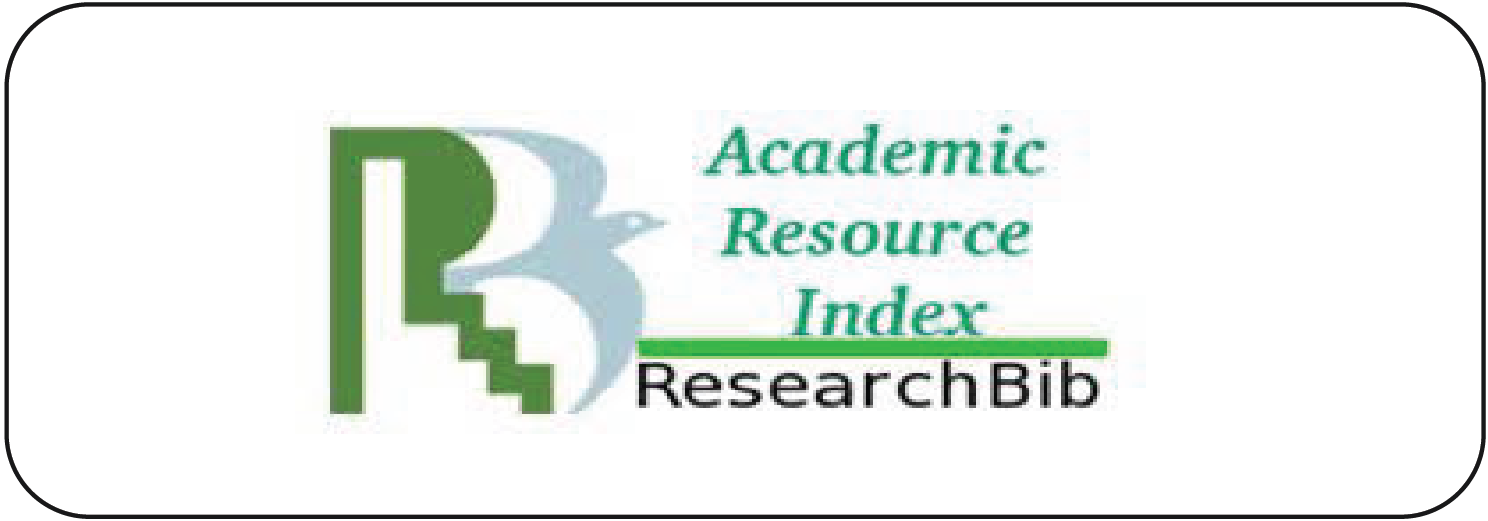A Comparative Study Between Islamic and Conventional Repo in Malaysia
DOI:
https://doi.org/10.51377/azjaf.vol4no2.164Keywords:
Conventional, Islamic, Malaysia, ReposAbstract
A sound and stable financial system are essential to any banking and financial system's regulators. Bank Negara Malaysia (BNM), the Central Bank of Malaysia, has enforced several monetary policy tools to ensure an ideal money supply level in the market. Numerous monetary policy tools are adopted by policymakers and market regulators worldwide, such as open market operations, statutory reserve deposits, and discount policies. Among these market mechanisms, many central banks favored open market operations due to their ease of use and flexibility. This paper aims to analyze Islamic and conventional repos in Malaysia. The method of this study is based on library research. Open market operations involve purchasing and selling securities or short-term financial instruments such as the central bank’s repurchase agreements (repo). Islamic repo performs similar functions as those of the conventional market, except that Shari’ah laws and principles bound these functions. In other words, it provides an avenue for money market participants to invest short-term surplus funds or to obtain short-term funding in a Shari’ah-compliant way. The Islamic repo's main distinct structure uses a host of Shari’ah-compliant contracts, whereas the conventional repo is primarily designed based on loans. In the modern Islamic financial industry, Islamic repo alternatives such as bilateral Islamic repo, collateralized murabahah, and the SBBA in the case of the Malaysian market are said to have a great deal of potential to serve the liquidity need of market participants.
Downloads
Downloads
Published
How to Cite
Issue
Section
License
Copyright (c) 2023 Siti Nurah Haron, Rusni Hassan, Syed Ahmed Salman

This work is licensed under a Creative Commons Attribution-NonCommercial-NoDerivatives 4.0 International License.





















